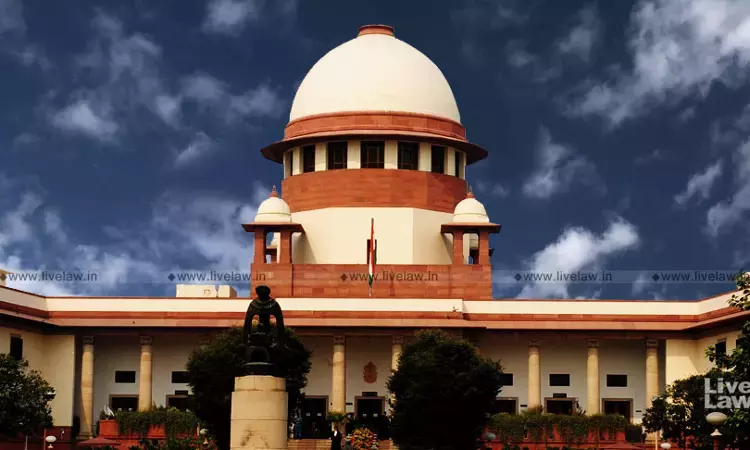
MTP Act recognizes woman’s sexual autonomy as part of right to life: Punjab and Haryana High Court
Last Updated on March 12, 2024 by News Desk
Issue:
The Medical Termination of Pregnancy (MTP) Act’s provisions regarding a woman’s sexual autonomy were discussed by the Punjab and Haryana High Court. The main topic of discussion was an unmarried woman’s right to request a termination of a pregnancy that resulted from a consenting sexual connection, especially if the pregnancy had grown past the Act’s specified time frame for terminations.
Facts of the Case:
In a voluntary relationship with her partner, the 18-year-old petitioner requested to end her 26-week pregnancy. The Medical Board predicted the fetus would most likely be delivered alive and urged against terminating the pregnancy. The petitioner’s argument called into question whether the MTP Act recognizes unmarried women’s sexual liberty, particularly when those pregnancies are the result of consensual partnerships.
Arguments Presented by Parties:
The petitioner made an argument in favor of being granted permission to end her pregnancy, highlighting her independence with regard to her body and decisions. The court was encouraged to recognize how society is changing and how laws must change with it. Conversely, the court took into account the statutory constraints imposed by the MTP Act, including the ban on terminating a pregnancy beyond a designated gestational age unless certain conditions are met.
Judgment Delivered by Court:
The Court acknowledged the significance of a woman’s sexual autonomy in relation to her Article 21 right to life in India. It recognized how society was changing and that laws needed to be interpreted to reflect these shifting social mores. It did, however, uphold the MTP Act’s limits on the amount of time that a termination may be approved.
The petitioner claimed that the advanced stage of the pregnancy required foeticide, which is prohibited by the Act from occurring after a certain amount of time, but the court denied this claim. However, it instructed medical authorities to determine if termination without foeticide is a viable option.
In addition, the Court stressed how crucial it is to help single moms and uphold their right to privacy, which includes the ability to conceal the name of their partner. In the event that the petitioner chooses not to bring it up, it describes a procedure for the child’s welfare.
Essentially, the Court supported a balanced approach that takes into account both individual rights and legal restraints, while also acknowledging the petitioner’s right to autonomy and upholding the statutory restrictions on termination.
Written By: Nikita Shankar @nikitaashankar




